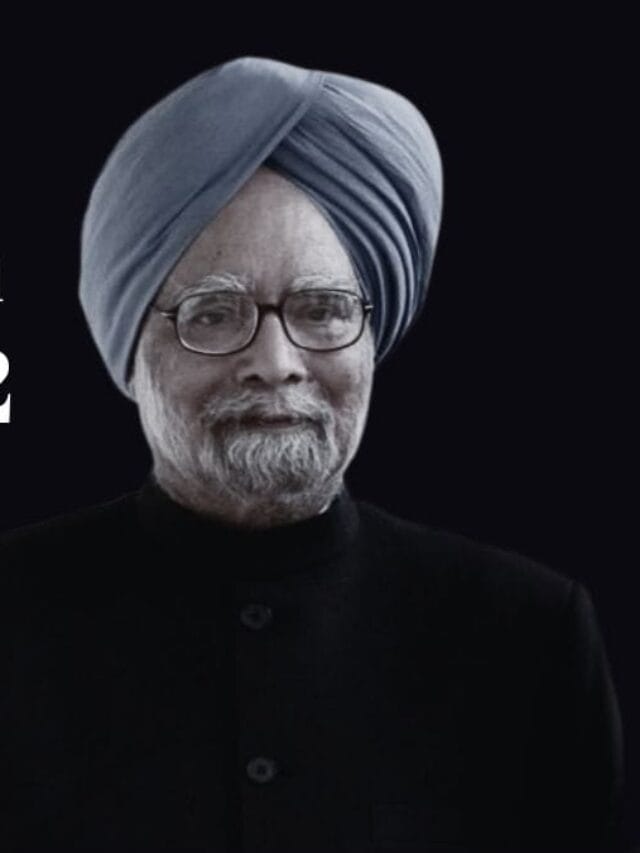

Workshop F: Benchmarking Standards and Guidelines Strengthening the Institution of Parliaments
Honorable Chair, esteemed colleagues, and distinguished guests,
It is a privilege to stand before you today to discuss a topic that lies at the very heart of democratic governance—the strengthening of parliaments through benchmarking, standards, and guidelines. As parliamentarians, we are entrusted with the responsibility of representing our citizens, crafting laws that serve the common good, and holding governments accountable. However, to fulfill these critical roles effectively, we must ensure that our parliamentary institutions are robust, transparent, and resilient.
In today’s rapidly changing world, parliaments face a range of challenges—from the evolving expectations of citizens and the need for technological adaptation, to the pressure of addressing global issues such as climate change, inequality, and political instability. To meet these challenges, it is essential that parliaments continuously evolve and strengthen their capacities.
Benchmarking, standards, and guidelines provide us with the tools to do just that. By establishing clear measures of performance, promoting best practices, and ensuring accountability, these frameworks can help build parliaments that are more effective, responsive, and inclusive.
Why Strengthening Parliaments Matters
Before diving into the mechanisms of benchmarking and standards, it is important to reflect on why strengthening parliaments is so critical. Parliaments are not just legislative bodies; they are the backbone of democracy. They represent the voice of the people, provide oversight of the executive, and serve as forums for debate and decision-making. When parliaments are strong, they foster trust in the democratic process and ensure that the rule of law prevails.
However, the effectiveness of parliaments varies across countries. In some cases, weak parliamentary institutions can lead to corruption, poor governance, and a lack of accountability. Strengthening parliaments is not just about improving the functioning of these institutions—it is about upholding the principles of democracy, human rights, and good governance.
The Role of Benchmarking in Parliamentary Strengthening
Benchmarking is a powerful tool that allows parliaments to assess their performance against a set of standards or best practices. It involves comparing the processes, structures, and outputs of one parliament with those of other parliaments, or with recognized international standards.
But benchmarking is more than just an exercise in comparison—it is about identifying areas for improvement, learning from the successes and challenges of others, and fostering a culture of continuous development.
Key Areas for Parliamentary Benchmarking
- Legislative Effectiveness:The primary function of any parliament is to pass laws that meet the needs of its citizens. Benchmarking can help parliaments assess their legislative processes—how efficiently and transparently laws are debated, drafted, and passed. Are there clear procedures for public consultation? Do committees function effectively in scrutinizing legislation? How long does it take for a bill to move through the legislative process?By benchmarking legislative effectiveness, parliaments can identify procedural bottlenecks, streamline processes, and ensure that legislation is timely, inclusive, and well-informed.
- Oversight and Accountability:Another key function of parliaments is to provide oversight of the executive branch. This ensures that governments remain accountable to the people and act in accordance with the law. Benchmarking parliamentary oversight functions allows us to assess the effectiveness of tools such as question times, committees, and inquiries.Are parliamentarians able to hold ministers to account? Is there sufficient access to information and transparency in government actions? By examining these factors, parliaments can strengthen their oversight mechanisms, reducing corruption and enhancing accountability.
- Representation and Inclusivity:Parliaments must represent the full diversity of the populations they serve. Benchmarking can help assess whether all segments of society are adequately represented, including women, minorities, and marginalized communities. Do parliamentary processes allow for the participation of underrepresented groups? Are there sufficient mechanisms in place for citizen engagement?By comparing their representation practices with global standards, parliaments can promote greater inclusivity, ensuring that all voices are heard and that legislation serves the needs of all citizens.
The Importance of Standards and Guidelines
While benchmarking allows parliaments to assess their performance, standards and guidelines provide the framework for best practices. These standards ensure that parliaments operate in accordance with democratic principles, uphold the rule of law, and protect human rights. They serve as a blueprint for good governance and effective parliamentary functioning.
Developing International Standards for Parliaments
In recent years, there have been concerted efforts by international organizations such as the Commonwealth Parliamentary Association (CPA), the Inter-Parliamentary Union (IPU), and the United Nations to develop standards and guidelines for parliamentary functioning. These guidelines cover a wide range of areas, including:
- Transparency and Openness:Parliaments must be open and transparent institutions that allow citizens to engage with the legislative process. This includes public access to parliamentary debates, the publication of legislative documents, and the use of technology to facilitate communication between citizens and their representatives.International guidelines set clear expectations for how parliaments should operate in a transparent manner. By adopting these guidelines, parliaments can build trust with citizens and enhance their legitimacy.
- Accountability Mechanisms:Parliaments must have mechanisms in place to hold both the executive and themselves accountable. This includes establishing independent oversight bodies, anti-corruption commissions, and ethical standards for parliamentarians. By adhering to these standards, parliaments can ensure that they are free from corruption and operate in the best interests of the public.
- Inclusivity and Diversity:International guidelines emphasize the importance of inclusivity in parliamentary representation. Parliaments should adopt practices that ensure the participation of women, youth, and minority groups in the legislative process. By doing so, they create more equitable and just societies.
- Capacity Building:Standards also include recommendations for building the capacity of parliamentarians and parliamentary staff. This includes training in areas such as legislative drafting, budget analysis, and human rights law. Parliaments that invest in capacity building are better equipped to handle complex policy issues and provide effective governance.
Challenges to Implementing Standards and Guidelines
While the benefits of benchmarking and standards are clear, there are also challenges to their implementation. These challenges can vary depending on the political, cultural, and economic context of a country. Some of the common challenges include:
- Political Resistance:In some cases, political leaders may resist efforts to strengthen parliamentary oversight or transparency, particularly if they feel it threatens their power. It is essential that parliaments work to foster a culture of accountability and collaboration, ensuring that reforms are seen as beneficial to the entire political system.
- Resource Constraints:Strengthening parliamentary institutions often requires significant investment in infrastructure, training, and technology. Parliaments in developing countries may face resource constraints that hinder their ability to implement best practices. International organizations and development partners can play a key role in providing technical and financial assistance.
- Cultural Barriers:In some cases, cultural norms may prevent the full inclusion of women, minorities, or marginalized groups in parliamentary processes. Addressing these cultural barriers requires sustained advocacy and engagement with civil society organizations to promote equality and human rights.
Conclusion: A Call to Action
In conclusion, strengthening parliaments through benchmarking, standards, and guidelines is essential for the future of democracy. As representatives of the people, it is our responsibility to ensure that our institutions are transparent, accountable, and inclusive. By adopting best practices, parliaments can better serve their citizens, respond to emerging challenges, and uphold the principles of justice and equality.
I urge all of us here today to take up the mantle of parliamentary reform. Let us work together to ensure that our institutions are equipped to meet the needs of the 21st century. By embracing benchmarking, adhering to international standards, and fostering a culture of continuous improvement, we can build parliaments that truly reflect the will of the people and contribute to a more just and equitable world.
Thank you.
Best Book to read in 2024- https://eatyourproblems.store/


Workshop E: Human Trafficking Refugees and Guidelines Strengthening the Institution of Parliaments







